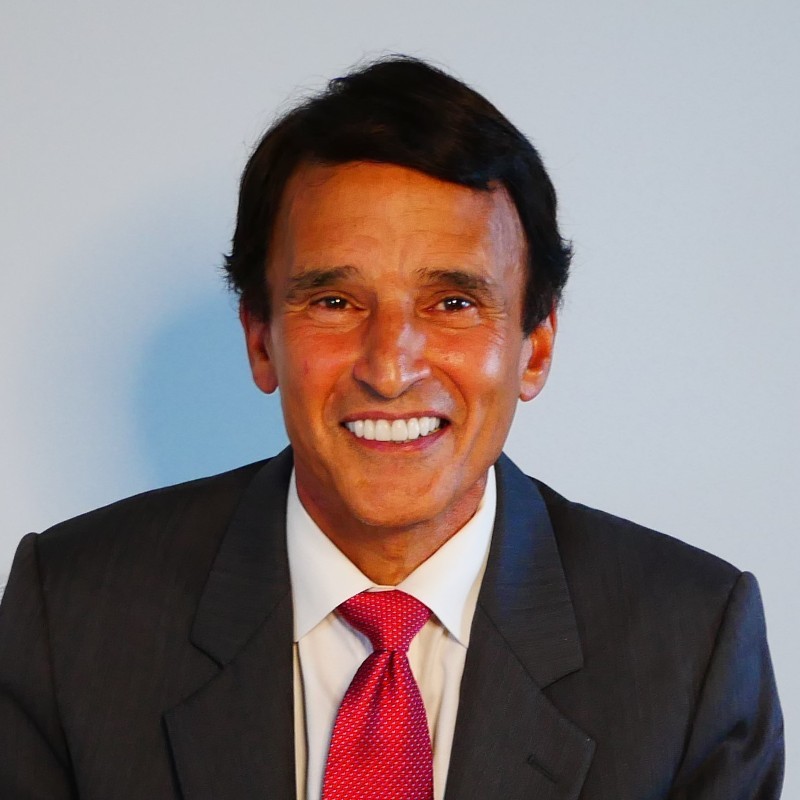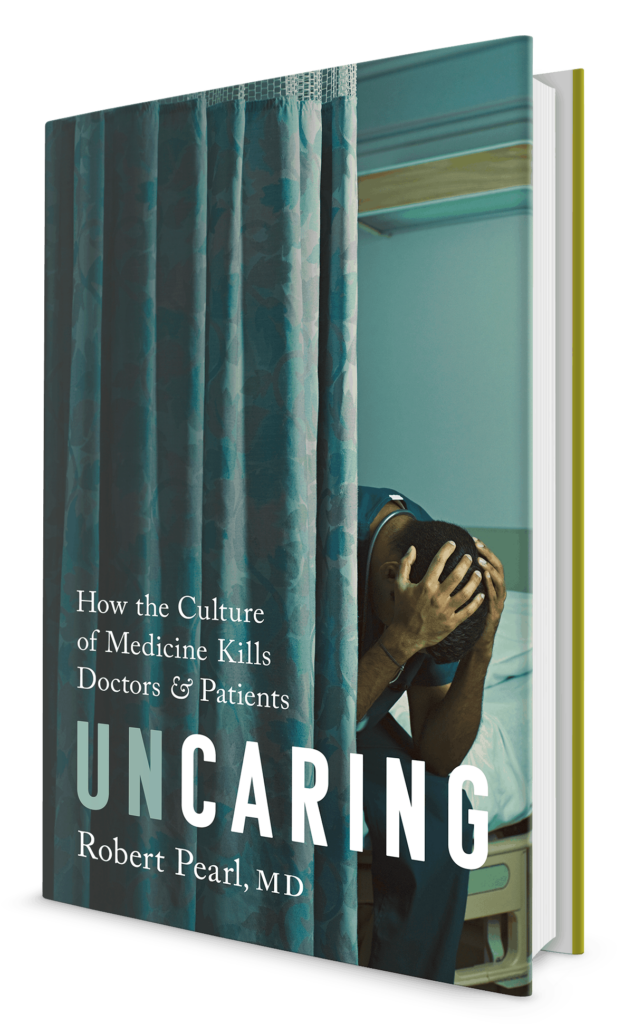
How AI can transform the healthcare industry
Posted On November 14, 2023
How will artificial intelligence affect the healthcare industry? By creating and empowering informed patients.
So says Dr. Robert Pearl, the former CEO of The Permanente Medical Group and our guest in a recent episode of “What’s Working with Cam Marston.” Dr. Pearl, who also teaches at Stanford’s medical school and the Stanford Graduate School of Business, envisions a near-future where patients will have the tools to self-diagnose their ailments.
While this might initially be alarming to physicians, Dr. Pearl argues that it can actually help them do their jobs better and create better patient outcomes.
“It’s not going to replace physicians. It’s going to change their role,” he said. “Now they have the opportunity to actually advance the care.”
Most cases of misdiagnosis aren’t due to a lack of knowledge, Dr. Pearl says, but a lack of time. Better informed patients can help alleviate that problem, but only if both doctors and patients take advantage.
 “In order for the technology to have the impact it could have, both doctors and patients are going to need to make changes and shifts in the relationship that they have today,” said Dr. Pearl, who is also an author, podcaster and regular contributor to Forbes magazine. “Having said that, I don’t think physicians are going to have much choice, because now you’re going to have an empowered patient. If that individual can’t get the kind of relationship they want with their current doctor or current health system, they’ll be able to get it someplace else.”
“In order for the technology to have the impact it could have, both doctors and patients are going to need to make changes and shifts in the relationship that they have today,” said Dr. Pearl, who is also an author, podcaster and regular contributor to Forbes magazine. “Having said that, I don’t think physicians are going to have much choice, because now you’re going to have an empowered patient. If that individual can’t get the kind of relationship they want with their current doctor or current health system, they’ll be able to get it someplace else.”
What’s more, Dr. Pearl says medical schools will need to modernize their practices. Instead of working off a model based on memorization, he said, they need to allow – indeed, insist on – the use of technology in the education process and teach how harnessing that power can improve outcomes.
“They ban the cell phone from tests. They should require doctors to bring their cell phone, to use their cell phone, and apply it,” he said. “Now we’re going to have a tool that’s 10 or 100 times more powerful than that cell phone. They need to start building it into the curriculum.”